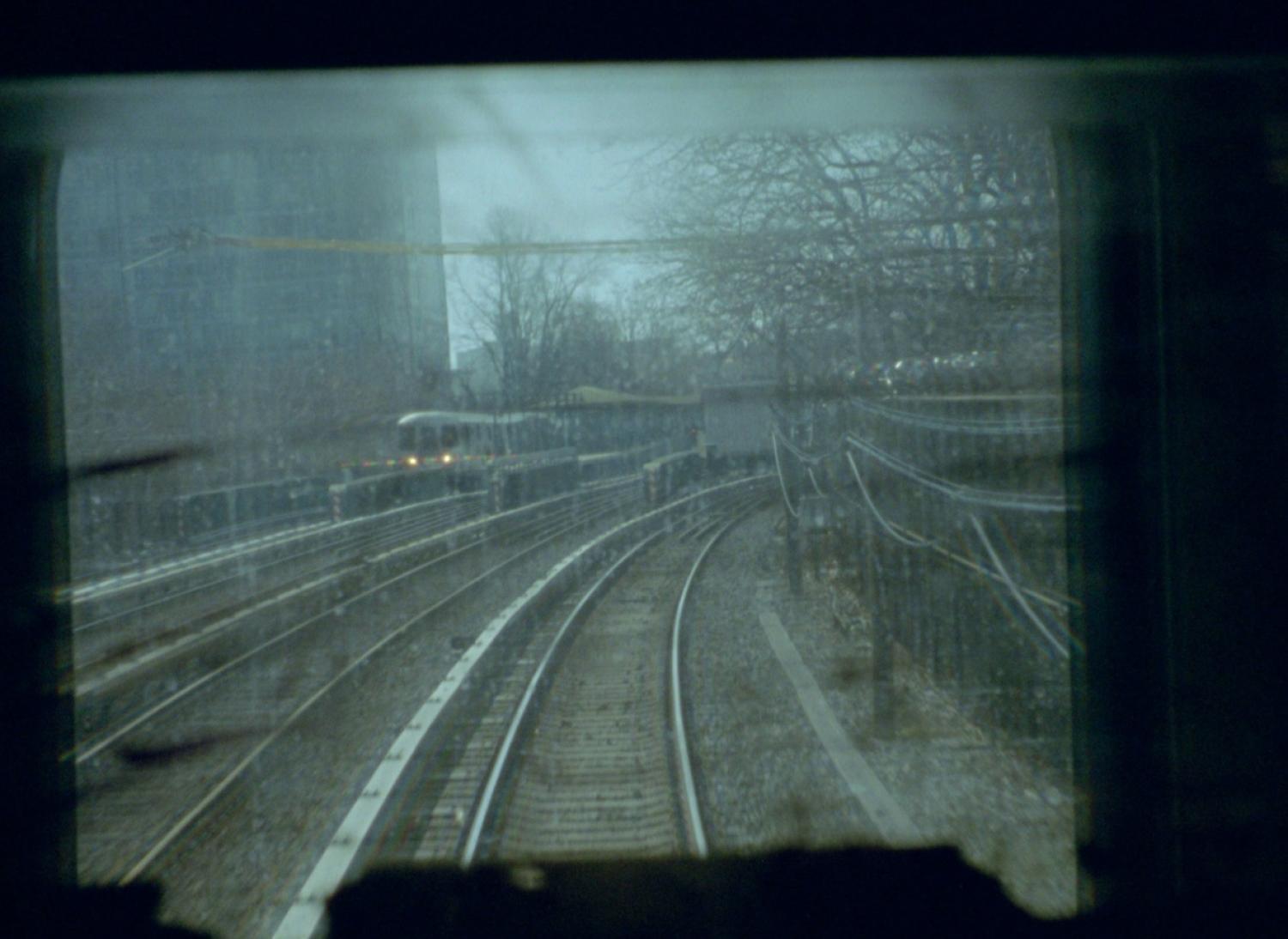How Come We Ended Up Here? by Luiza Parvu and Toma Peiu

How Come We Ended Up Here? is a poetic documentary journey across New York and its surroundings, in times of pandemic, war and urban transformation. Snippets of oral history interviews from the post-Soviet Korean Central Asian diaspora are interwoven with homes and workplaces, spaces of community and transit that make up the iconic urban quilt of New York City. Previous displacements, migrations, geopolitical and environmental shifts resonate in life stories recounted by transnational ethnic Korean Russian Americans, defying definitions of race, ethnicity and nationality. Their adopted homeland on Atlantic shores bears traces of past homes: from the Korean Peninsula to the Russian Far East, Central Asia, Eastern Europe. Echoes of Stalinist forced relocation, collective farming, economic collapse, rampant capitalism, displacement, and the upheavals of the 2020s all reverberate in the 16mm celluloid sensing a global metropolis in perpetual crisis and perennial transformation. This film is a polyphonic, multi-generational cross section of a small diaspora with a unique history of finding belonging, and starting anew, all around the world and all across New York.
Artist Bios
Luiza Parvu is a filmmaker, visual artist, and educator based in Tempe, AZ. She is a member of the European Film Academy. She holds an MFA in Film Production from New York University - Tisch School of the Arts. She is an experienced media maker with professional working knowledge of all areas of production and post-production. Her directing and editing work covers a variety of genres, in both fiction and creative non-fiction: documentary, multimedia installation, and immersive media. Luiza's art and research explore identity, memory, intersection and transformation. Her collaborations with scientists, ethnographers, filmmakers and mixed media artists cross space, time and themes - from connecting contemporary and historical stories of labor migration (Start Anew World; Seven Scenes from a Neighborhood Cafe; Ubi Bene Ibi Patria) to questioning the nature of images that shape the anthropocenic everyday (Sisyphus 2.0; Redemption Room) and observing human and non-human ecosystems facing environmental precarity (Migrant Water; Arabidopsis thaliana, The Salt In Our Waters). The award winning films she has directed or edited so far have been recognized in film festivals and events worldwide such as Karlovy Vary, Sundance, BFI London, Busan, Transilvania, Tribeca or Abu Dhabi.
Toma Peiu is a filmmaker, visual artist, media scholar and educator, presently pursuing a PhD in Emergent Technologies and Media Arts Practices at the University of Colorado Boulder, where he also teaches foundational coursework in media and anthropology. Toma's work as an artist confounds with his scholarly interests in identifying new modes of expression by engaging technology of various generations and theory inhabiting various disciplinary spaces across the arts and (social) sciences. A fellow of the Center for Media, Religion and Culture and a researcher at CU Boulder, he explores identity formation in diasporic communities and the shaping of the environment and public urban space as an archive for culture, memory and social affirmation. For his dissertation, working across anthropology, georgraphy, media studies and critical media practices, Toma looks at how migration, mobility and borders transform adopted spaces and communities of origin, spending time between field sites in Brooklyn, NY and Central Asia. He holds an MA in Media Studies from The New School University in New York, and a bachelor's in Screenwriting and Film Studies from The National University of Dramatic Arts and Film in Bucharest, Romania.

